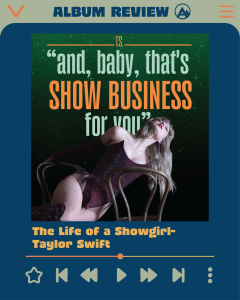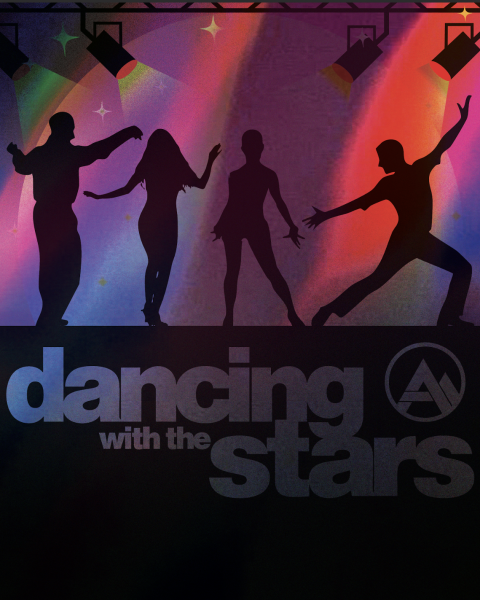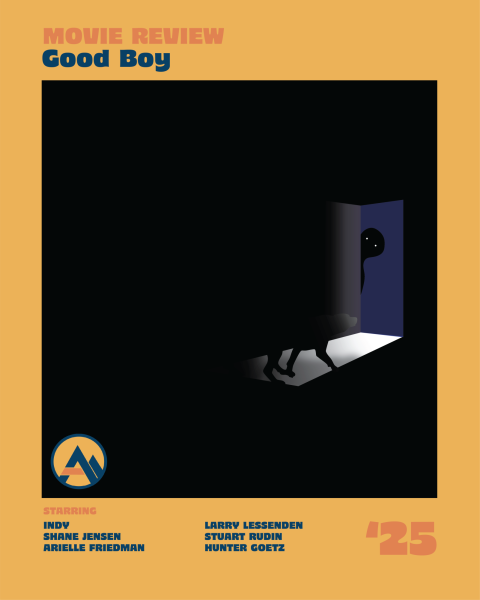Movie Review: Hustlers
September 17, 2019
No hustles were pulled by the recently released “Hustlers,’ a film starring Jennifer Lopez and Constance Wu, which premiered Sept. 12. The movie was inspired by an article called “The Hustlers at Scores,” written by New York Magazine journalist and editor Jessica Pressler. This naughty and enticing tale of crime involves a group of strippers, their sisterhood and the illegal routes they take to survive the 2008 Recession.
While the entire cast gave convincing performances, the actress who knocked it out of the park was Lopez. Playing Romona, a veteran erotic dancer, she embodied a “mama bear” feel and showed cold and calculated leadership prowess.
After the economic crash, most of the girls turn to her for help out of financial troubles. Thus began the grand scheme which consisted of drugging and stealing from the men who worked on Wall Street.
Though her role was minimal, Keke Palmer, who plays Mercedes, is part of the crew and head over heels in love with a convict. Palmer brought much-needed joviality to the film through her comedic comments and responses, like punching a naked and drugged man in the backseat of a car in a panic. The hilarious moments in the first half of the film by hip hop artists Lizzo and Cardi B were welcomed, given the dark subject matter that overtook the second half.
A constant theme throughout “Hustlers” is the relationship between Lopez and Wu. Their mother-daughter bond and the actions that test their friendship drive the story as much as their hustling does. The film balances drama and comedy with sisterhood and crime.
While “Hustlers” does prove an entertaining film, it could have expanded upon relationships and conflicts to provide more intrigue to the story.
For example, when the women noticed others running the same game they are, it only earns a brief mention. We never learn who they are or how they pulled everything together.
If certain parts from the true story were already dramatized for the film, that would have been a perfect creative opportunity. Like a couple of other conflicts in the film, they are mentioned in passing, instead of shown. And, when shown, it’s in such a short scene that by the end of the movie, you have already forgotten about it.
Wu’s character, Destiny, unfortunately suffers from this problem. Though it is her narration driving the story, we are only briefly told or shown her flashbacks to absorb it. Despite Wu’s vulnerable performance, brief focus is most likely why the ravings from viewers are all about Lopez.
Despite these issues, there were some positives. There were good technical decisions made, especially regarding sound design later in the film. All one can say is, if you see the film — you’ll know it when you hear it.
Overall, the movie was a pleasant surprise that delivered as much fun as its trailers promised, but could have benefited from a longer runtime.











